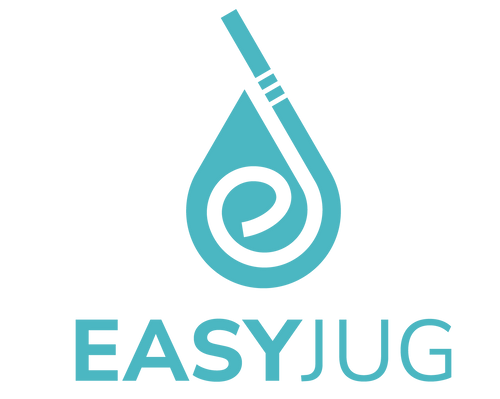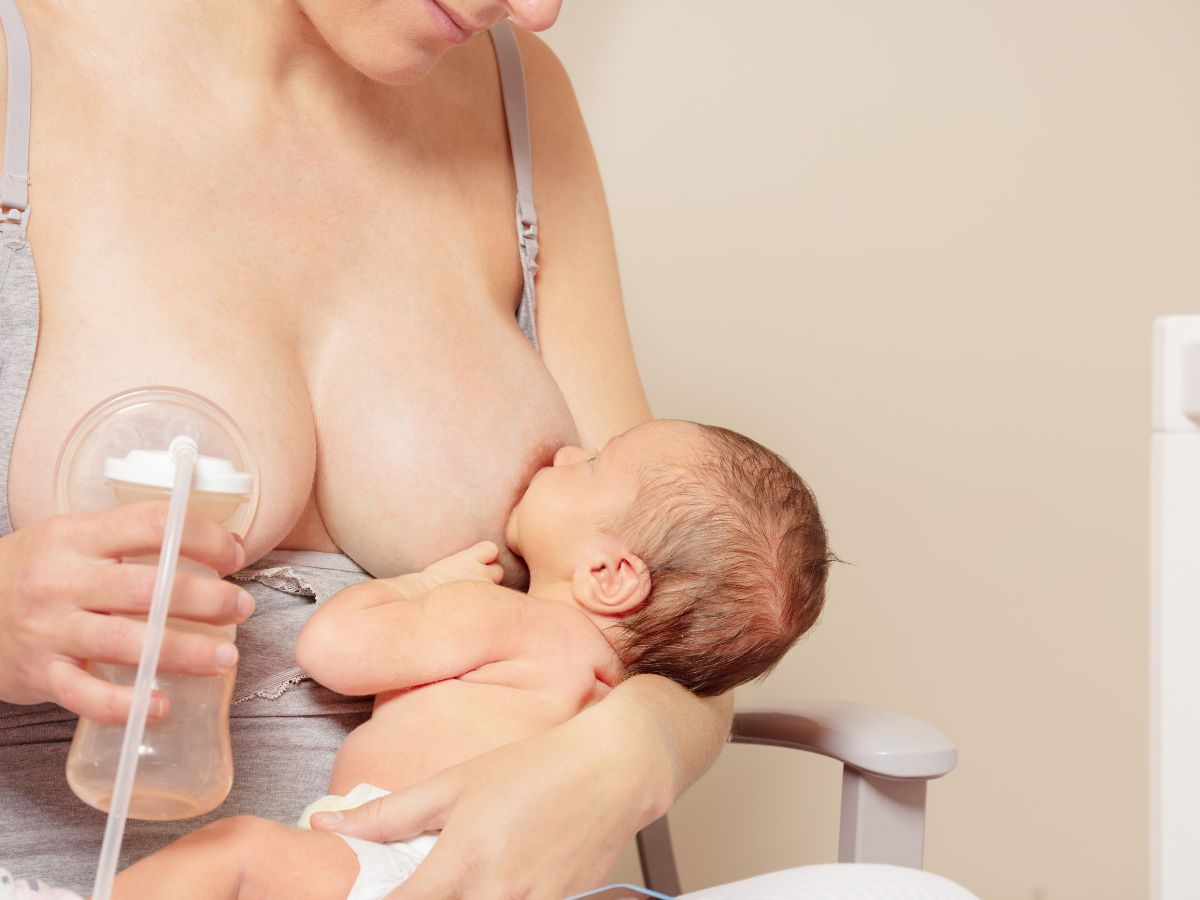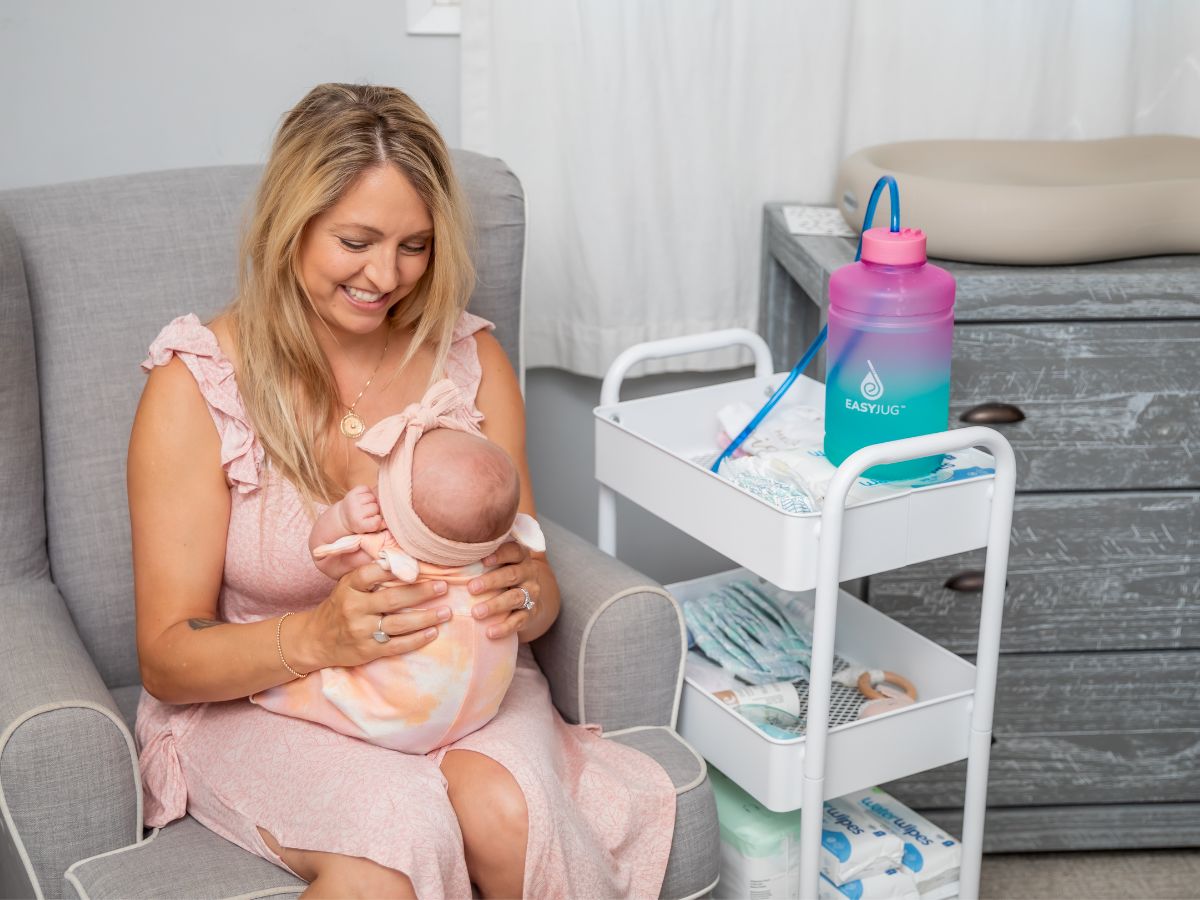If you've found your way here, it's likely you're experiencing the discomfort of engorged breasts while not breastfeeding. First and foremost, I want to assure you that you're not alone. Many new moms encounter this challenge in the early days of their breastfeeding journey. Let's explore the best ways to relieve engorged breasts and find comfort during this phase.
Understanding Engorgement
Breast engorgement is a common condition that occurs when the breasts become overly full and swollen due to an accumulation of milk. It typically happens when there is an imbalance between milk production and milk removal. There are two primary causes of breast engorgement:
-
Milk Production Increase: During the early days of breastfeeding, especially in the first week after giving birth, a mother's body produces an increasing amount of milk to meet her baby's nutritional needs. This surge in milk production can sometimes outpace the baby's ability to consume the milk, leading to engorgement.
-
Infrequent or Ineffective Milk Removal: Engorgement can also occur when there is not enough milk being removed from the breasts, either because the baby is not breastfeeding frequently or effectively, or due to other reasons such as the use of a breast pump that is not functioning optimally. When milk is not regularly emptied from the breasts, it can lead to congestion and swelling.
Common factors that contribute to these causes of breast engorgement include:
-
Delayed Breastfeeding: Sometimes, due to medical interventions during childbirth or other reasons, there may be a delay in breastfeeding or skin-to-skin contact with the newborn, which can hinder the initial milk removal process.
-
Poor Latch: If the baby has difficulty latching onto the breast correctly, they may not be able to effectively remove milk, leading to engorgement.
-
Breast Pump Issues: When using a breast pump, improper technique or using a pump with the incorrect settings can fail to extract milk efficiently, contributing to engorgement.
-
Scheduled Feedings: Some parents may try to implement strict feeding schedules rather than breastfeeding on-demand, which can lead to infrequent milk removal and engorgement.
-
Supplementing with Formula: Introducing formula feeds in addition to breastfeeding can reduce the baby's demand for breast milk, potentially leading to engorgement if not managed carefully.
-
Sudden Weaning: Abruptly stopping breastfeeding without gradually reducing milk production can cause engorgement.
It's essential for new mothers to be aware of the signs and symptoms of engorgement, including swollen, firm, and painful breasts. Proper positioning and latching techniques during breastfeeding, frequent nursing sessions, and effective use of breast pumps can help prevent and alleviate engorgement. If engorgement becomes severe or is associated with symptoms of mastitis (such as fever or infection), it's important to seek guidance from a healthcare provider or lactation consultant for appropriate management.

Relieving Engorgement
Now, let's talk about the best ways to alleviate engorged breasts and find relief:
-
Cold Compresses: Applying cold compresses or cold packs to your breasts can help reduce swelling and provide immediate relief. Place a cold pack on your breasts for about 20 minutes at a time.
-
Warm Compresses: Alternatively, warm compresses can help stimulate milk flow and relieve discomfort. Try taking a warm shower before breastfeeding or expressing milk.
-
Gentle Massage: A gentle breast massage can help move the milk and alleviate pressure. Start from the outer breast and work your way toward the nipple.
-
Express Milk: Expressing a small amount of milk before nursing can soften your breasts, making it easier for your baby to latch and feed comfortably.
-
Regular Feedings: Ensure you're nursing your baby on demand, approximately every 2-3 hours. This will help prevent engorgement and maintain a healthy milk supply.
-
Supportive Bra: Wearing a well-fitting and supportive bra can provide comfort and reduce pressure on your breasts.
-
Cabbage Leaf Compresses: Some moms find relief by placing chilled cabbage leaves in their bras. The leaves' natural properties can help reduce swelling.
-
Hydration and Nutrition: Staying well-hydrated and consuming a balanced diet, can support your milk production and overall health.
Hydration Plays a Role
Hydration can play a role in preventing and relieving breast engorgement during breastfeeding. Here's how adequate hydration helps in this regard:
-
Balanced Milk Supply: Adequate hydration helps maintain a balanced milk supply that aligns with your baby's feeding needs. When you are well-hydrated, your body can regulate the amount of milk it produces, ensuring that you neither overproduce (leading to engorgement) nor underproduce (leaving your baby hungry).
-
Efficient Milk Flow: Staying hydrated ensures that your breast tissue remains soft and pliable. This softness makes it easier for your baby to latch onto your breast and for milk to flow smoothly during nursing sessions. When breast tissue becomes engorged due to dehydration, it can become firm, making it more challenging for your baby to latch and extract milk effectively.
-
Preventing Clogged Milk Ducts: Dehydration can increase the risk of clogged milk ducts, which can contribute to engorgement. Staying hydrated helps maintain the fluidity of your milk and reduces the likelihood of milk duct blockages.
In summary, proper hydration is crucial for maintaining a healthy breastfeeding experience and preventing breast engorgement. By drinking enough water and ensuring your body remains well-hydrated, you can facilitate a more comfortable breastfeeding journey for both you and your baby.

Staying Hydrated with EasyJug: Your Secret Weapon
As a new mom, taking care of your own well-being while meeting your baby's needs can be quite the juggling act. Ensuring you stay hydrated is not only essential for your overall health but also plays a crucial role in relieving engorged breasts. Let me introduce you to a game-changer in your breastfeeding journey: EasyJug – the hands-free water bottle designed especially for breastfeeding moms.
Why Hydration Matters for Breastfeeding Moms:
Breast engorgement can occur when there's an imbalance between the production of breast milk and your baby's consumption. This imbalance can lead to symptoms like painful breasts, hard breasts, and too much milk. Hydration is one of the key factors in maintaining the delicate equilibrium of milk production.
Here's how EasyJug, your trusty companion, can support you in staying hydrated:
-
Hands-Free Convenience: With EasyJug, you have the freedom to sip water without interrupting your breastfeeding routine or while using a breast pump. This hands-free approach ensures you can maintain your fluid intake consistently without having to take your hands off your baby. A total game-changer if you have trouble with latching.
-
Consistent Water Supply: EasyJug's ample water capacity ensures you always have enough water on hand, even during those long nursing sessions. This consistency in hydration can help prevent dry milk ducts and engorgement.
-
Hydration for Milk Production: Your body requires adequate hydration to produce milk. When you're well-hydrated, your milk supply is more likely to meet your baby's demands.
-
Comfortable and Convenient: EasyJug has a long 47 inch straw so you can hydrate in any breastfeeding position, including lying down.
-
A Must-Have for New Moms: EasyJug is especially valuable during the first weeks of breastfeeding when your body is adjusting to your baby's feeding demands and when you might experience breast engorgement for the first time.
By ensuring you're adequately hydrated, EasyJug can become an invaluable tool in your breastfeeding toolkit. It not only supports your milk production but also helps prevent clogged milk ducts which can lead to engorged breasts. Remember, every drop of milk counts, and EasyJug is here to make sure you have the hydration you need to provide the best for you and your baby. Incorporate EasyJug into your daily routine, and you'll find that staying hydrated is not just a good idea; it's an essential part of your breastfeeding journey.

When to Seek Medical Advice
If you experience severe pain, have symptoms of mastitis (such as a fever and breast infection), or suspect a blocked milk duct, it's crucial to consult with your healthcare provider or breastfeeding specialist. They can provide you with tailored advice, test results if needed, and any necessary medical treatment.
In Conclusion
Experiencing breast engorgement can be challenging, but the good news is that relief and support are available. It's not an uncommon part of the early days of breastfeeding. Remember that every mom's journey is unique, and finding the best solution for you and your baby is what truly matters. Be patient with yourself, seek support from a lactation consultant or healthcare provider when necessary, and always prioritize your baby's needs and your well-being.
Please note that this information is for general educational purposes. For specific guidance, consult with a healthcare professional.
Community & Support
We know the beautiful chaos of motherhood – the endless feedings, diaper changes, and sleepless nights. Amidst all this love and care, it's easy to forget about your own well-being. That's where EasyJug steps in – to make hydration a breeze for you.
Join our community of nurturing mothers and prioritize your health with EasyJug. Sign up now to receive exclusive tips on staying hydrated during your breastfeeding journey, along with special offers just for you.
Because when you take care of yourself, you can give your little one the best version of you. Let's hydrate together and thrive as moms!



